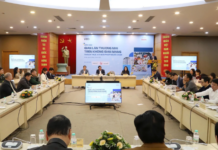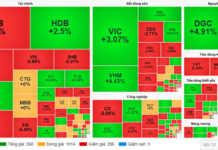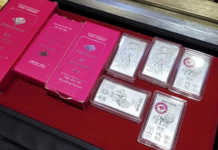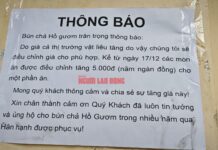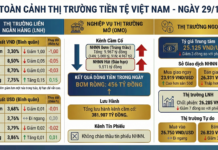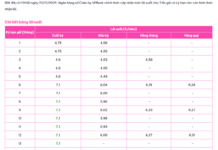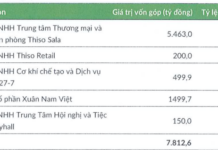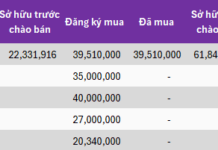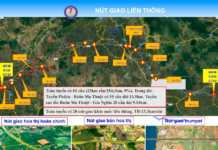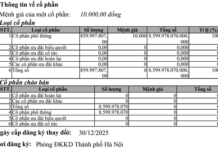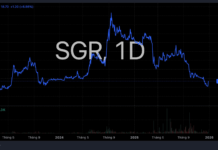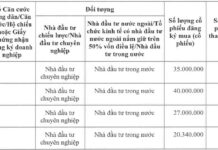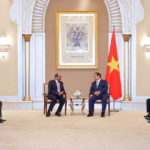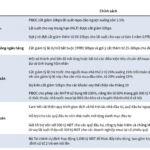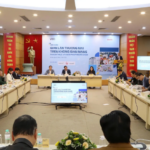The EU Trade Policy Watchdog’s decision to impose additional tariffs on Chinese electric vehicles stems from their belief that unfair subsidies are at play, including preferential financing, land grants, and raw materials provided at below-market rates. This move aims to counter the perceived advantages enjoyed by Chinese manufacturers.
According to the report, China’s excess production capacity stands at 3 million electric vehicles annually, double the size of the EU market. With the US and Canada already imposing 100% tariffs, the target market for these vehicles becomes the European market.
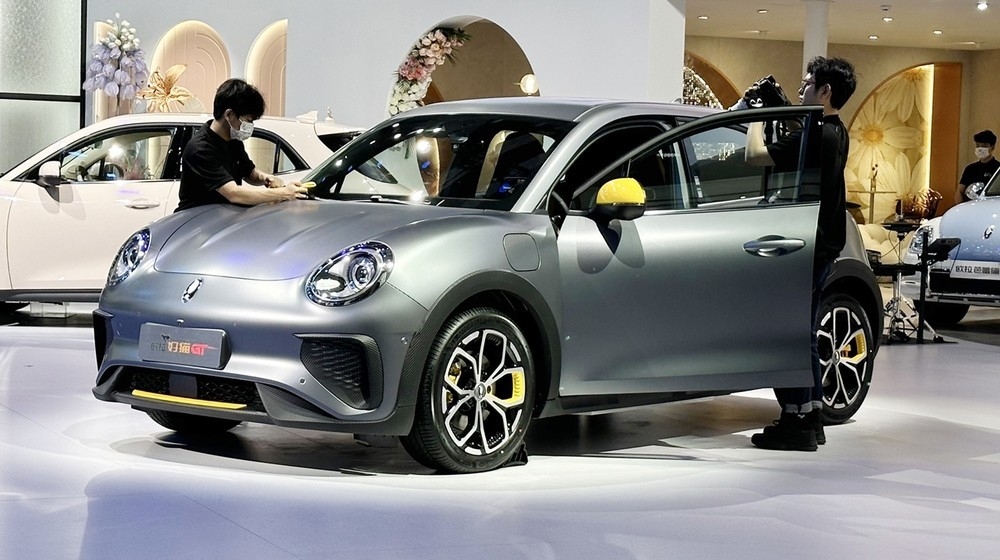
Illustration: KT
European automakers are grappling with the influx of affordable electric vehicles from Chinese competitors. The EU Trade Policy Watchdog estimates that the market share of Chinese brands in the bloc increased from under 1% to 8% in 2019 and could reach 15% by 2025. Prices of Chinese electric vehicles are typically 20% lower than their EU-produced counterparts.
China has strongly reacted to the EU’s decision, with the Ministry of Commerce expressing their disagreement and hoping for a mutually acceptable solution to avoid trade tensions. The Chinese Chamber of Commerce in the EU also voiced disappointment over the bloc’s “protectionist” and “arbitrary” measures, concerned about the lack of significant progress in negotiations to find alternatives to tariffs.
In retaliation, China has initiated investigations into the import of spirits, dairy, and pork products from the EU this year. They have also filed a complaint against the EU’s provisional tariff increases at the World Trade Organization.
Exploring the Ban Gioc – Detian Falls Today: A Guide to Experiencing This Majestic Landscape
As of today, October 15th, the symbol of cooperation between Vietnam and China is officially in motion.

